How to Choose Your Garden Hose
A garden hose seems very simple, but it is enough to go to a garden center to remain perplexed in front of the range of choices proposed.
Some criteria can help you to choose better…
Internal diameter
If you have good water pressure, it will probably be sufficient. If the pressure is low, a 19 mm hose is preferable: remember, the flow rate is proportional to the square of the diameter! A small diameter hose (15 mm) is lighter and easier to roll up and store.
Beware the weight of the hose, and its price increase considerably with the diameter.
Knitted mesh
Today’s garden hoses are made of several layers of materials that make them resistant to crushing and bending. Check for a layer of “knitted” mesh, which signals an anti-twist hose.
Flexibility
A well-flexed hose is much easier to handle, roll up and store.
Opacity and colour
One disadvantage of translucent hoses is that algae can grow inside and clog the hose fittings. Opaque hoses are therefore preferable.
It’s up to you to decide whether you prefer a green hose that blends in with the vegetation or a brightly coloured hose that stands out.
Length
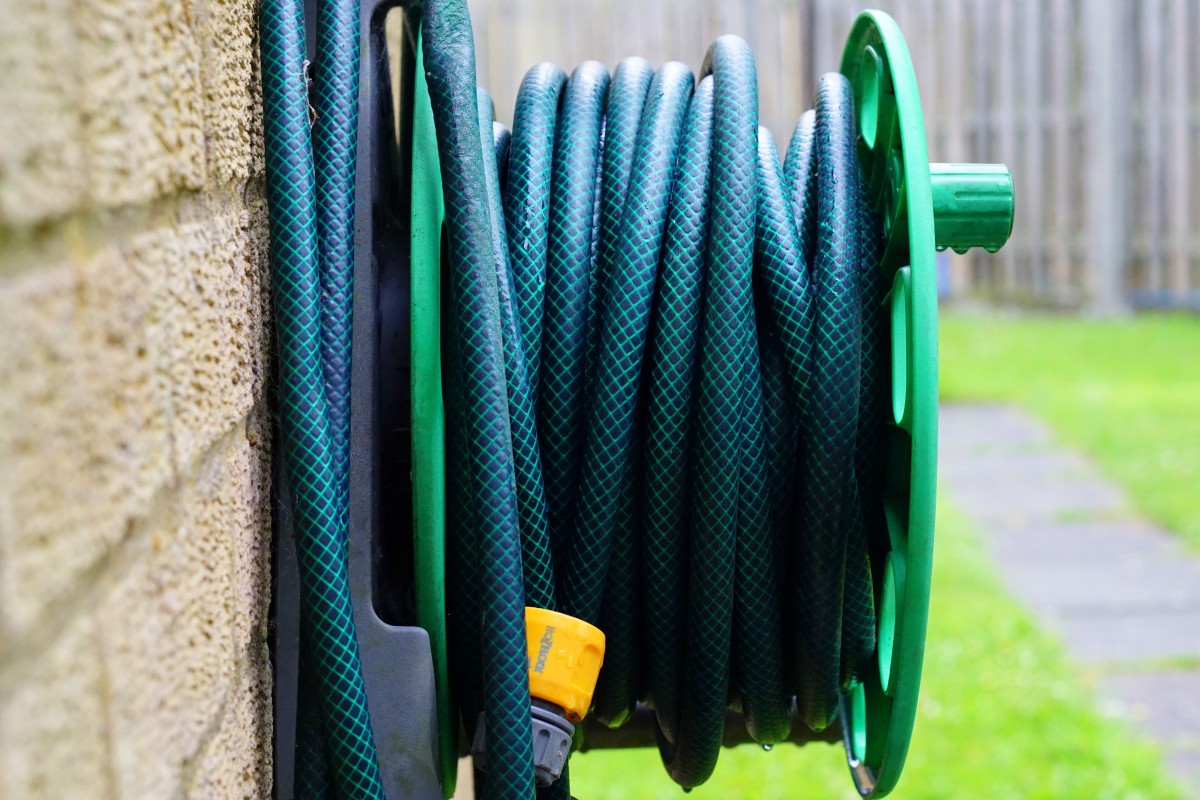
It is sometimes tempting to have a hose as long as possible to avoid fittings.
Beware, today’s hoses are heavy, and a length of 50 meters (the maximum available) is difficult to handle! In any case, it requires a hose reel.
Accessories for a garden hose
The fittings
– First of all, you need a “faucet nose” to be fixed on your faucet to receive the quick coupling, which will be set at one end of the garden hose.
– Plastic quick connectors have replaced the traditional metal ones. They are very convenient to use, allowing you to connect the hose to the faucet, connect hoses, create multiple branches and attach watering accessories to the end of the hose, all in the blink of an eye without tools!
– Note: Some “aquastop” fittings at the end of the hose automatically shut off the water when a watering accessory is disconnected. This is practical and can save you hours of water flowing from a forgotten hose!
– On the other hand, all these fittings are sometimes fragile and not perfectly watertight. To be on the safe side, choose a well-known brand and use the same brand for the hose and the fittings.
– Beware, you can quickly make a mistake when buying and end up with a collection of fittings that do not correspond to the use you want to make of them or to the diameter of your garden hose(s)! To limit the damage, cut off a piece of your garden hose and take it with you to the store where you buy additional fittings: when you see it, the salesperson will be able to tell you which fittings fit.
Watering accessories
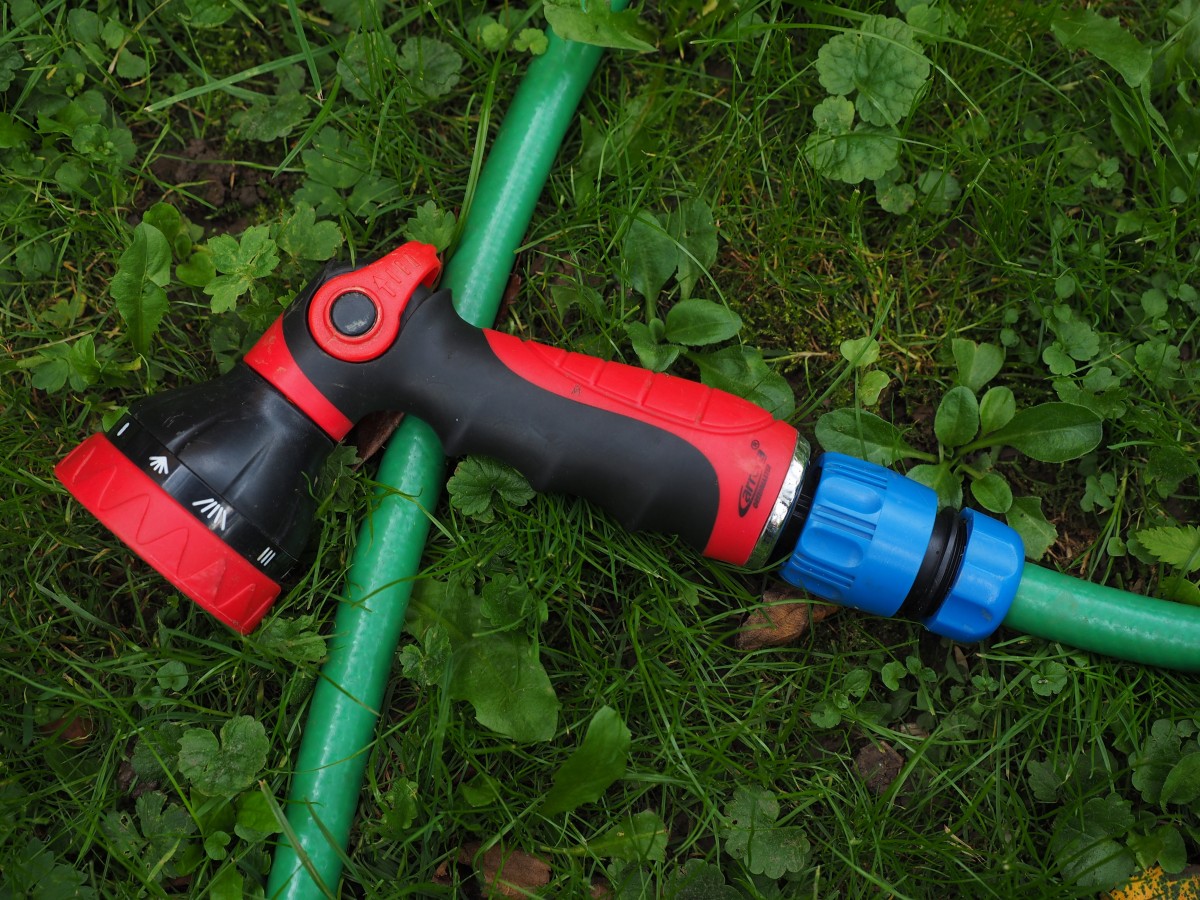
– Some accessories are designed for manual watering, such as the lance, the spray gun, or the multi-functional lance. A lockable trigger prevents you from running to the faucet to open and close it.
– Other accessories simplify watering by replacing the hand holding the hose: sprinklers and nozzles are installed or planted in the ground for simplified or automatic watering.
Price of a garden hose
A suitable garden hose and its accessories are expensive!
Don’t skimp on the price of this essential tool, but take care of it so that it lasts a long time:
– Store the accessories, so they don’t get stepped on.
– Don’t leave the hose out in the sun.
– Reel it in properly after each use.
– Store it away from the elements in winter.
Example of prices
Here are some price ideas:
– Branded hose, knitted mesh, 15 mm diameter, 25 m length: about $25.
– The same in 19 mm diameter: about $40.
– Faucet nipples and quick connectors, known brand: $2 to $5 each.
– Spray gun, known brand: $10 to $30.

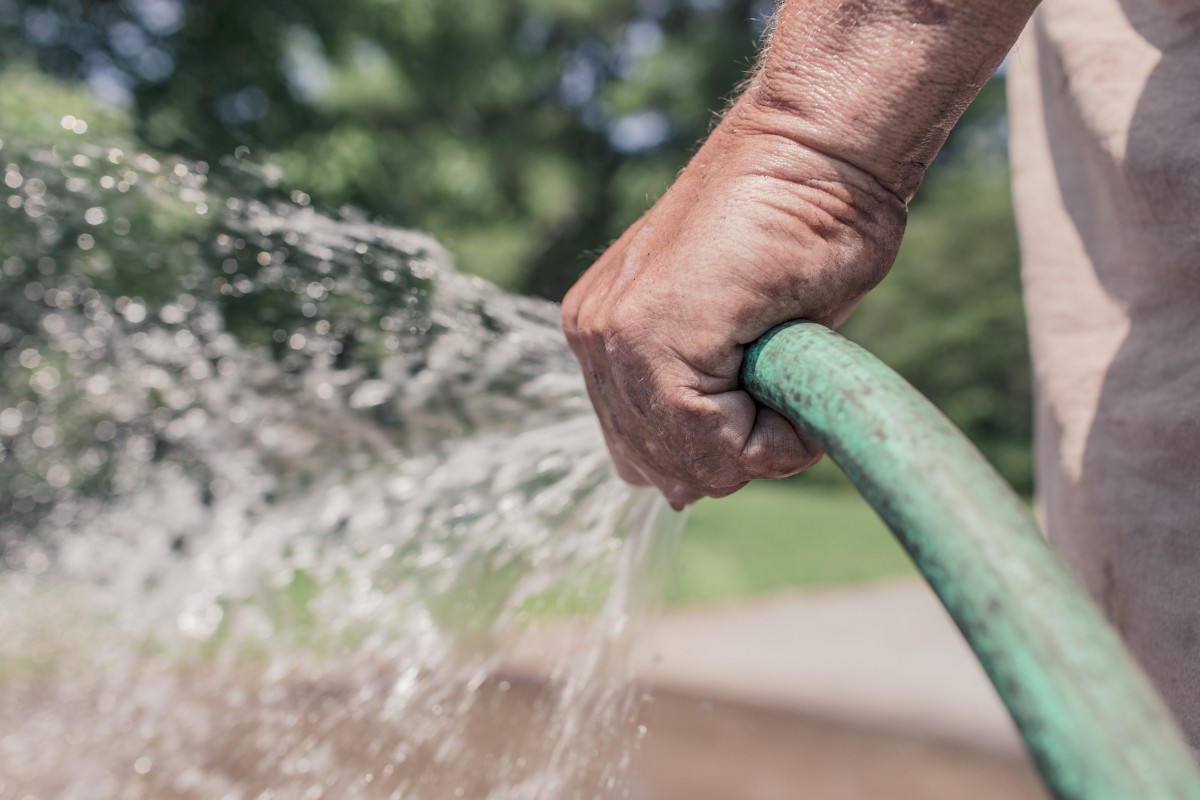
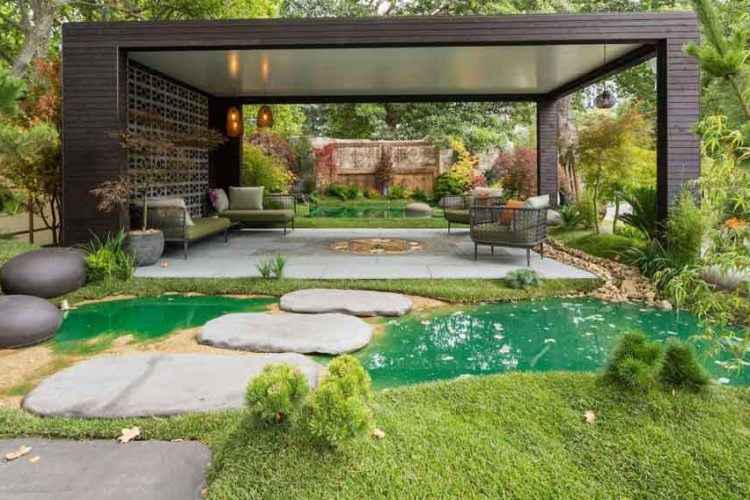
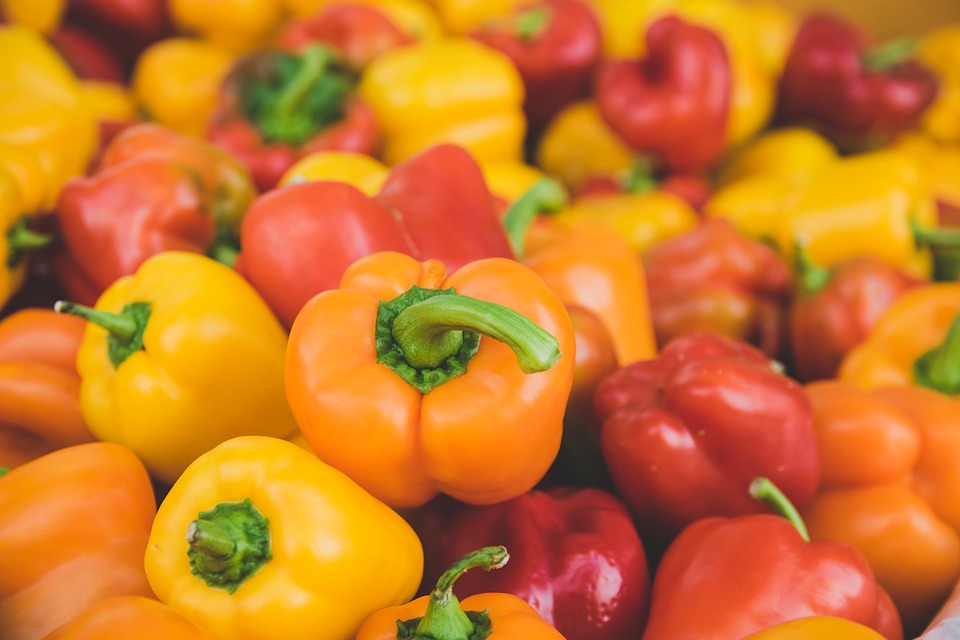

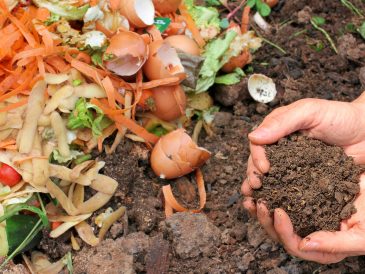
1 Comment
[…] connection systems that required metal clamps have gradually disappeared. Nowadays, almost all garden hose couplings have adopted the integrated tongue clamp system developed by a famous manufacturer. […]